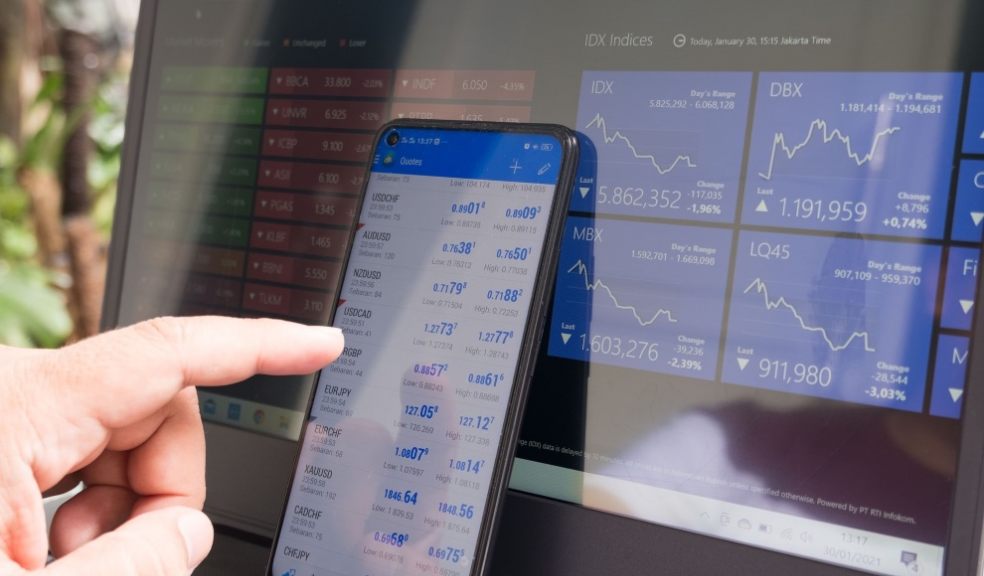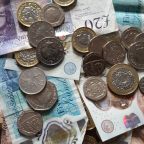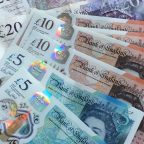
7 things every beginner should consider before starting Forex trading
These days, forex trading has almost become a trend. It seems like everyone and their dog have gotten into the business of trading currencies, even those who had never made an investment in their whole life. However, people should be aware that forex trading is a double-edged sword. If you learn how to play your cards right, forex trading can be quite a profitable activity. If you jump on the forex trading bandwagon without at least knowing the basics, chances are your venture into the trading world will be short and you’ll be left with a big hole in your budget.
Knowledge is power, and in this particular case, knowledge is also money. As a trading beginner, you’ll have to approach things with caution and learn how to navigate the market if you want to minimize risks and maximize your winnings. With tons of tutorials and resources on the internet promising to teach you the secrets of forex trading, it can be quite difficult to wrap your head around how things actually work in this field.
So, if you’re in need of some guidance, here are some tips that will help you start your forex trading journey on the right foot.
Familiarize yourself with the forex market
Just like you wouldn’t jump in deep waters without learning how to swim first, you shouldn’t start forex trading without learning the fundamentals of the forex market. Or at least that should be the normal course of events. You can’t just start trading currencies with no prior preparation. Hoping you’ll learn along the way and get the hang of it as you go can spell disaster for you and your finances.
The much wiser approach is to take the time to get to know the market and understand how trading foreign currencies works. You won’t be able to learn all the ins and outs of the market overnight, as it is a very complex and volatile environment, but you can read as much as you can on the topic and educate yourself on the best practices to use when trading forex.
Set your goals and trading style
Just as with any other form of financial investment, before you make any risky move, you have to define your goals and objectives. Ask yourself what you want to achieve and how you plan on achieving it. You can’t just trust your intuition as a beginner. Good instincts are something that develop in time and even experienced traders can make huge mistakes if they rely on intuition alone. Forex trading is not something you can play by ear, so make sure you create a plan and you stick to it.
Determining your trading style is just as important. There are different trading styles you can adopt, each of them with their own risks and advantages. Make sure you study them thoroughly before deciding which trading style would suit you best.
Choose a reliable broker and trading platform
The forex market can feel like an intimidating and daunting environment for newbies who have yet to learn the intricacies of currency trading. That’s why choosing a trading partner and trading platform that you can rely on is essential for the success of your future trades.
Keep in mind that not all brokers are created equal and there’s no one-size-fits-all solution that can work just as well for all forex traders. There are many aspects to take into consideration when looking for the right broker. One such aspect is the trading conditions they offer. For example, brokers that accept clients from Europe, but that are not actually located in the European Union, can provide these clients with much better trading conditions than brokers based in the EU.
Keep a record of your trades
Learning from other more experienced forex traders and from the various resources available on the internet can help you a lot, but learning from your past experiences, whether good or bad, is also a great method to advance your trading skills.
That’s why keeping a record of all your trades is a very smart move. Make sure you write down all the details of each trade you make, including the reason you had for the trade and any other comments that can prove relevant for that specific situation. This will help you understand what worked for you in the past and what didn’t, and teach you how to avoid making the same mistakes in the future.
Don’t make decisions based on impulse
Being an active player in the forex market requires having a lot of patience and keeping a cool head, especially when things don’t go your way. This means that making decisions based on impulse is not an option.
It can be extremely tempting to stray away from your carefully devised plan when you don’t get the results you expected, but chances are you’ll only make things worse if you do that. So, learn to control your emotions, do some breathing exercises, and let reason not impulse guide the way.
Know when to stop
Closely related to the tip we mentioned above, as a forex trader you should strive to become a master of self-control. Risks are a big part of the game in the forex market, and you can’t possibly avoid them entirely, but you should know when it’s worth taking risks and when it’s not. In other words, you should know your own limits.
When you are aware of your limits and possibilities, you’ll be able to take calculated risks and back away from situations that can spell disaster. There’s a fine line between being bold and being reckless, and you have to learn how to walk it.
Learn to change and adapt
The forex market is an ever changing environment. There are many factors and variables that can influence the course of events, and unless you have a magical crystal ball, there’s no way you can predict with absolute accuracy what’s going to happen in the future.
But what you can do is be flexible and adapt as things change. If you want to become a better trader, you’ll have to learn every single day, keep an open mind and re-evaluate your methods from time to time.

















